
The roar of the crowd, the intensity of competition, the sheer spectacle of NFL football – it’s a beautiful symphony of athletic prowess and strategic genius. Yet, increasingly, a discordant note rings out across the stadium, a growing chorus of fan frustration and outright suspicion directed squarely at the very arbiters of the game: the officials.
In an era where sports gambling has woven itself into the fabric of nearly every corner of the country, the scrutiny on NFL officials has never been more intense. Every questionable flag, every overruled call, every seemingly inexplicable decision now comes under the microscope of millions, sparking cries of a “fix” from fanbases convinced they’re witnessing more than just human error. It’s a seismic shift in how the game is perceived, and the NFL finds itself at a critical juncture.
The recent AFC divisional-round clash featuring the Kansas City Chiefs and the Houston Texans perfectly encapsulates this heightened tension. Barely 24 hours had passed since the final whistle, yet the game’s officiating crew, led by referee Clay Martin, was already being mercilessly lambasted across social media and sports forums. Two crucial calls, in particular, ignited a firestorm of criticism, with many believing they demonstrably swayed the outcome.

Controversial Calls and Accountability: The NFL Faces Growing Scrutiny Over Officiating Decisions
Houston’s defensive end, Will Anderson Jr., was penalized for roughing the passer in the first quarter, a decision that contributed to the Chiefs securing three points. In the third quarter, during a tumultuous play involving Chiefs quarterback Patrick Mahomes, Texans linebacker Henry To’oTo’o was flagged for unnecessary roughness after contact around Mahomes’ neck as he slid. This penalty directly resulted in a Kansas City touchdown. These moments, repeatedly shown on replays, intensified perceptions of bias in officiating.
In response, Walt Anderson, the league’s senior vice president of officiating, appeared on NFL GameDay to firmly defend the officials’ decisions. Anderson emphasized that the rulings were consistent with current rules, particularly those aimed at protecting the quarterback. He reiterated that “if there’s contact to the head of the quarterback, that’s probably going to be called by the officials,” highlighting a fundamental guideline: “when in doubt, officials are to call roughing the passer.”
Despite the league’s defense, frustration was evident on the Texans’ sideline. Head coach DeMeco Ryans, along with key players such as Will Anderson Jr. and CJ Stroud, openly expressed their dissatisfaction after the game. Stroud, the team’s promising young quarterback, conveyed strong criticism by suggesting that the Chiefs benefit from a pattern of favorable calls, a sentiment widely shared by many fans.
Further intensifying the issue, the NFL recently dismissed several referees as part of a renewed effort to enhance accountability. Ramon George, the league’s vice president of officiating, is leading initiatives to enforce higher standards for on-field officials, signaling a notable shift in the NFL’s approach to officiating oversight.
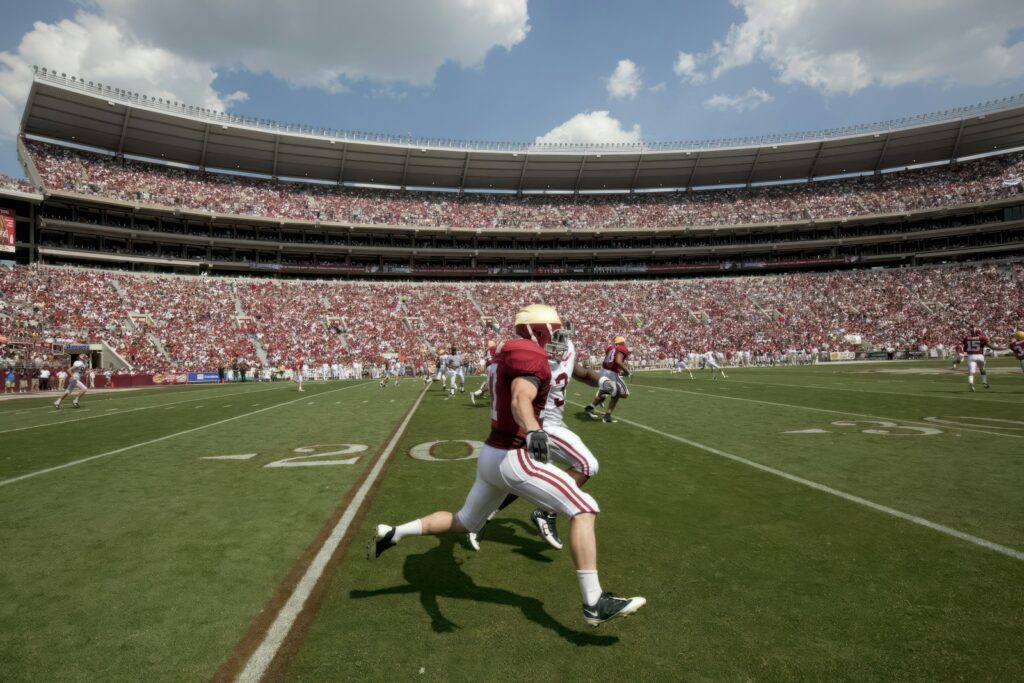
Evolving Accountability: NFL’s Internal Shift and Controversial Officiating Firings
An anonymous official speaking to FootballZebras.com highlighted a significant transformation within the league’s officiating culture, stating, “The culture is changing, it’s changing rapidly.” This evolution fosters “a competitive environment where everybody’s equal. There are no favorites. There’s no favoritism. There’s none of that; it’s all about performance.” This candid remark underscores the NFL’s efforts to balance public perception with internal consistency.
Three officials have become focal points of recent accountability measures: second-year umpire James Carter, third-year line judge Robin DeLorenzo, and first-year down judge Robert Richeson. These dismissals have sparked notable fan speculation due to their surprising link to the Kansas City Chiefs.
Remarkably, Patrick Mahomes and the Chiefs maintained an undefeated 3-0 record in games during the 2024 season overseen by one of these officials. More controversially, each of these victories involved highly disputed calls that directly benefited Kansas City and, in several instances, decisively influenced the game’s outcome.
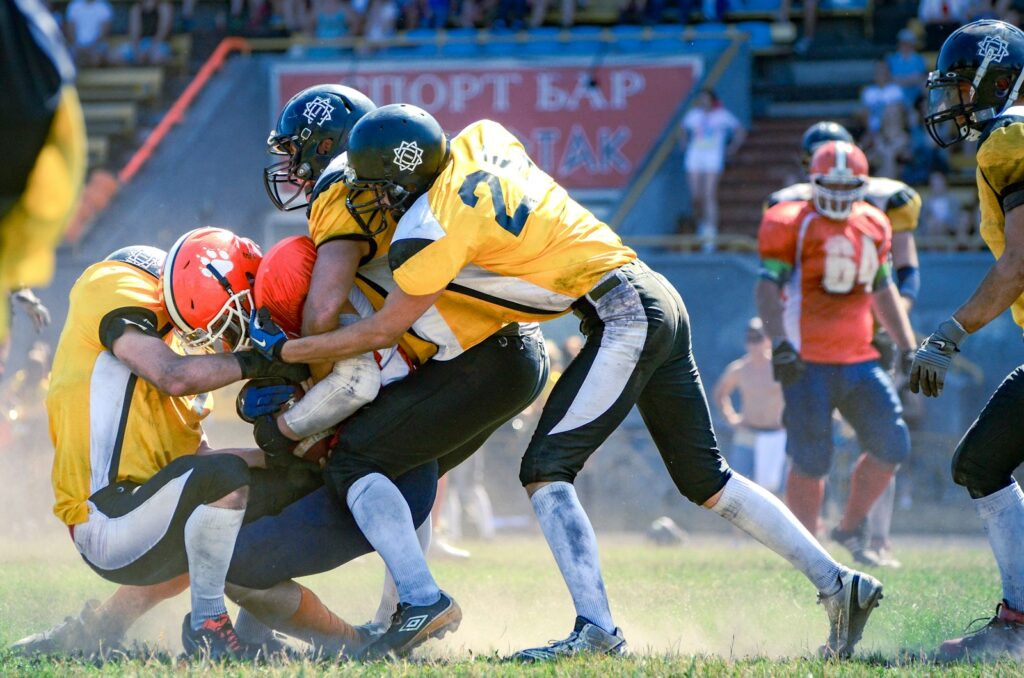
Critical Calls Under Scrutiny: Controversial Officiating Decisions Shape Key Chiefs Victories
The first of several controversial matchups occurred on September 15, when the Kansas City Chiefs faced the Cincinnati Bengals. Robert Richeson, one of the recently dismissed officials, served as the down judge. With only 48 seconds remaining, the Bengals held a narrow 25–23 lead, while the Chiefs faced a fourth-and-16 from their own 35-yard line
In a moment that continues to draw attention, Patrick Mahomes’ pass intended for Rashee Rice fell incomplete. However, the officials issued a critical pass interference call, granting the Chiefs a 29-yard advancement. This decision moved them into field goal range, allowing Harrison Butker to convert the kick and secure a 26–25 victory for Kansas City.
A second controversial incident took place on November 29, during a matchup between the Chiefs and the Las Vegas Raiders. James Carter, another official recently removed from duty, was part of the officiating crew. With only 15 seconds remaining and the Raiders trailing 19–17, Las Vegas had positioned itself on the Chiefs’ 30-yard line, well within field goal range.
On the next play, a premature snap by center Jackson Powers-Johnson deflected off quarterback Aidan O’Connell. The ball was recovered by Chiefs linebacker Nick Bolton. Initial replays showed that a flag had been thrown to signal a false start. However, the officiating crew overturned the penalty, awarding possession to Kansas City and sealing the 19–17 result.
Adding further controversy, several viewers reported seeing a Chiefs ball boy appear to assist in calling a timeout, a direct violation of league rules.
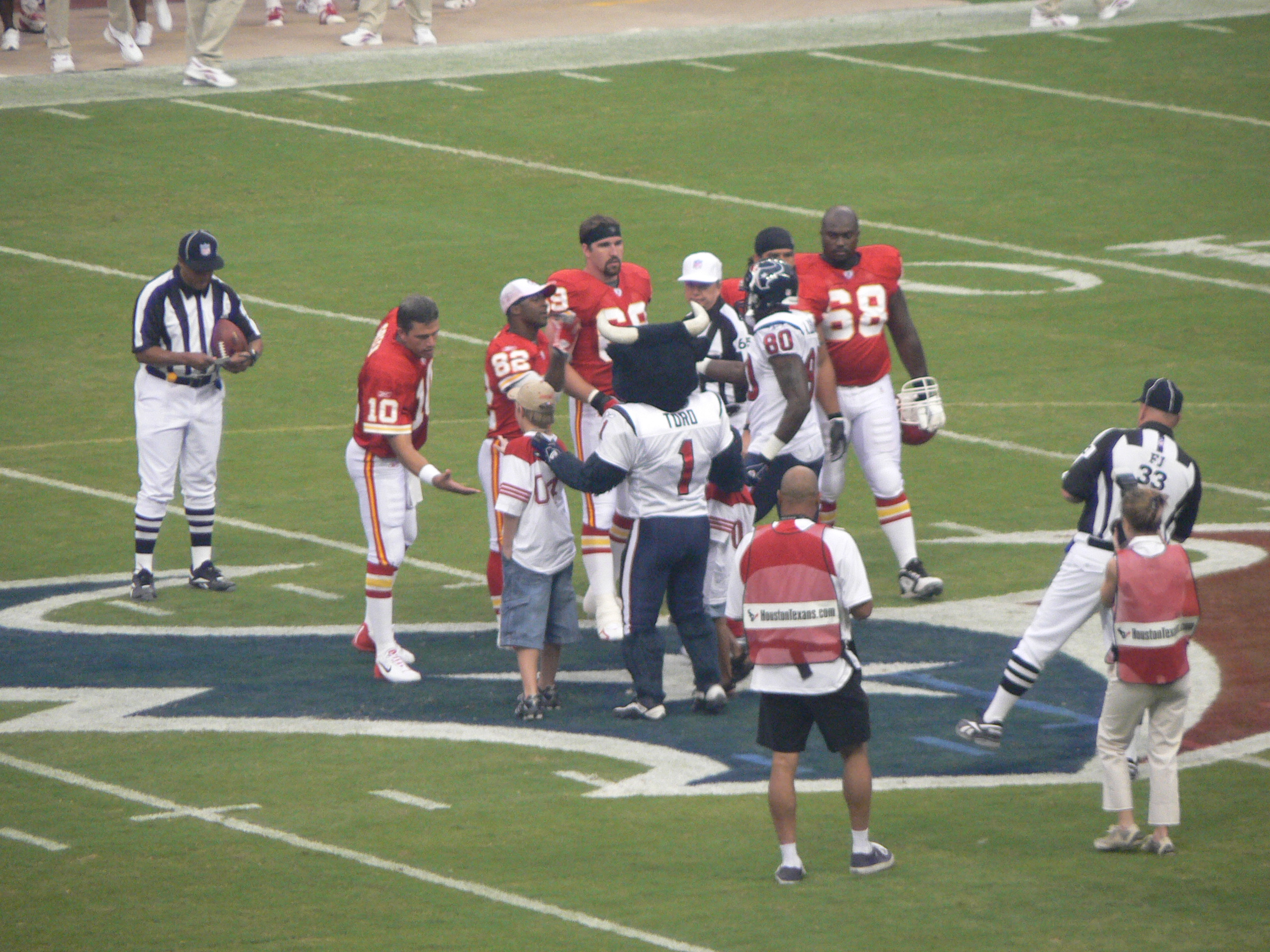
Heightened Scrutiny: Controversial Calls in Texans-Chiefs Game Lead to Officiating Shake-Up
The final matchup involving one of the dismissed officials took place on December 21, when the Houston Texans faced the Kansas City Chiefs. Robin DeLorenzo, the line judge who was later removed from the NFL officiating staff, was part of the crew overseeing the game. During the second quarter, with Houston leading 10–7 and appearing positioned to expand their advantage, the Texans forced what seemed to be a critical fumble by Patrick Mahomes.
However, the officiating crew ruled the play as an incomplete pass, negating the turnover. The decision drew widespread criticism. Compounding the controversy, the officials then assessed a roughing the passer penalty against Houston, enabling the Chiefs to retain possession. The extended drive culminated in a touchdown, contributing to Kansas City’s 27–19 victory.
These incidents have intensified existing skepticism among fans regarding impartiality and judgment in high-stakes games. While the decisions may not have singularly determined the outcomes, they have added to a broader concern about officiating standards and consistency.
The three officials involved—Robert Richeson, James Carter, and Robin DeLorenzo—have now been reassigned to officiate college football games in NCAA Power 5 conferences. The NFL stated that all three retain the possibility of returning through the league’s development program. For now, their reassignment signals a clear message on accountability, particularly in response to critical errors during nationally scrutinized matchups.

Safeguarding Integrity: NFL’s Former Officiating Chief Reveals Internal Vigilance Against Manipulation
While the NFL has made visible efforts to address recent officiating controversies, concerns over game manipulation are not new within professional sports, including the league itself. Dean Blandino, who served as the NFL’s senior vice president of officiating from 2013 to 2017, acknowledged this long-standing issue during a recent appearance on the Awful Announcing Podcast. He discussed whether officials had ever been approached to influence game outcomes or statistical records.
“We’ve had situations where people were approached,” Blandino confirmed, drawing attention to a rarely addressed vulnerability. He explained that the league takes preventative measures, particularly during the season when officials are traveling. “We’ve always told our game officials, because they’re in hotels and traveling during the season, not to wear NFL-branded gear. We wanted them to remain inconspicuous. If someone sees them and recognizes them as NFL officials, you never know who might try to engage them.” He added that officials are instructed to report such encounters to NFL security, and confirmed that such reports have occurred in the past.
Blandino emphasized the comprehensive safeguards implemented by the league to prevent corruption. “The NFL has so many controls in place, just to become an official,” he said, highlighting the rigorous hiring process, which includes thorough background investigations. “They review all business associations, examine potential conflicts of interest, and inspect bank accounts and other financial information.”
The scrutiny does not end once an official is hired. Blandino explained that regular monitoring continues throughout the season. “They will check if an official has ten dollars in their account on Friday, and after working a game, suddenly has one hundred thousand. That would raise a red flag,” he noted. He further explained that the NFL tracks betting activity and evaluates whether specific officiating decisions have a measurable effect on betting lines, and whether individual officials are disproportionately involved in such situations.
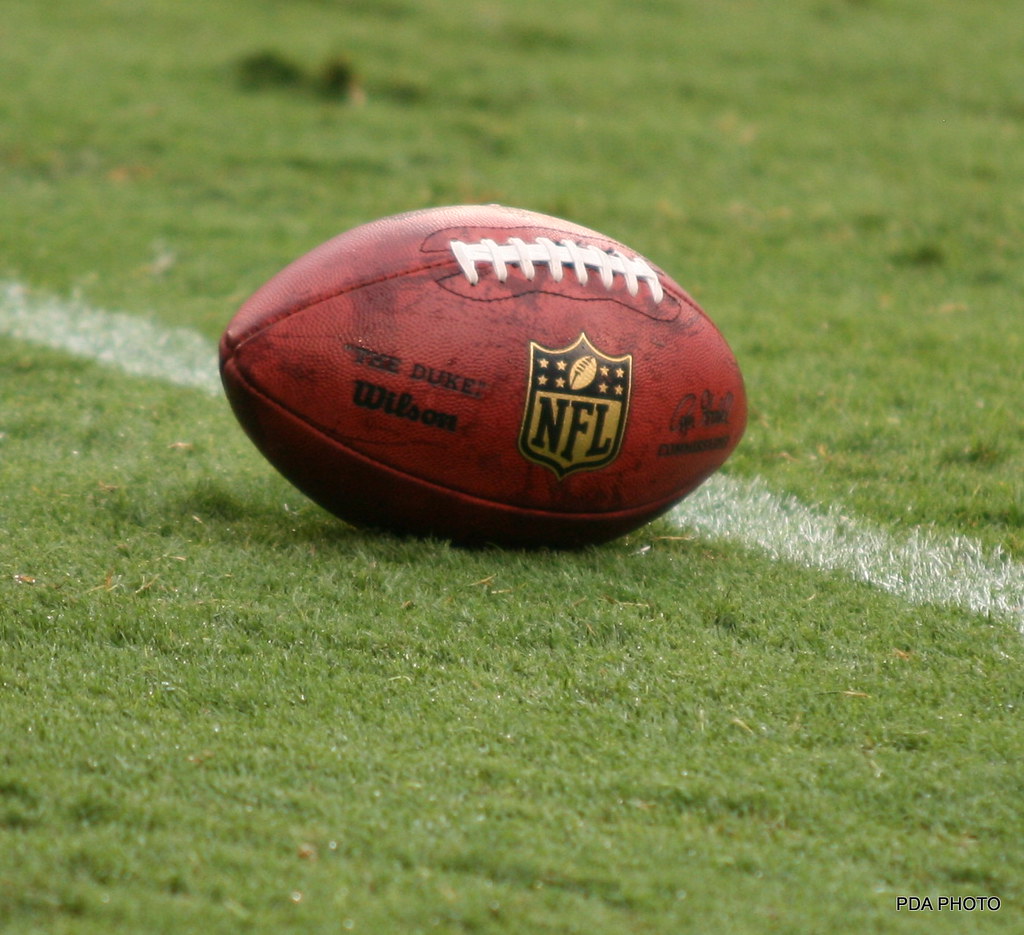
Guarding Against Scandal: NFL’s Integrity Strategy in the Shadow of Historical Precedents
Blandino described the NFL’s integrity framework as a “massive, massive undertaking,” emphasizing that its purpose is to prevent a crisis comparable to the 2007 scandal that shook the NBA. That year, referee Tim Donaghy was found to have placed bets on games he officiated and manipulated point spreads to influence outcomes. Citing the NFL’s strict internal controls, Blandino expressed confidence that the league is well-positioned to avoid a similar breach of trust.
The NFL has consistently maintained that no professional football game has ever been successfully manipulated since the league’s founding in 1920. However, historical records suggest a more complicated reality. The term “match fixing,” broadly defined as the manipulation of a game’s outcome for reasons such as gambling or advancing a particular team, has cast a long-standing shadow over professional sports and is widely regarded as a serious breach of competitive integrity.
Even in the early days of American football, the sport was not immune to scandal. Following the 1906 Ohio League championship series, the Canton Bulldogs–Massillon Tigers controversy emerged as the first significant integrity crisis in the sport’s professional era. Accusations surfaced implicating Canton coach Blondy Wallace and Massillon player Walter East in an effort to manipulate the series’ outcome, signaling that concerns over fairness were present from the earliest stages of the sport’s development.
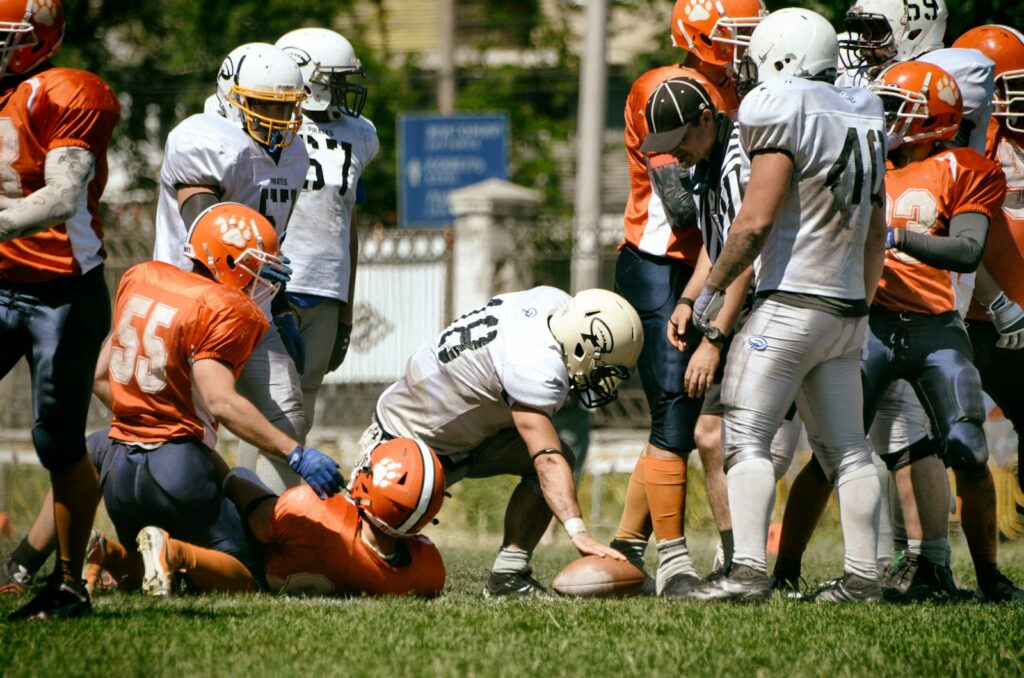
Historic Scandals and Lingering Allegations: How Game-Fixing Claims Continue to Shadow the NFL
In 1946, decades after the early days of professional football, an attempt was made to manipulate the outcome of the NFL Championship Game between the New York Giants and the Chicago Bears. Alvin J. Paris was convicted of bribery after attempting to influence Giants players Frank Filchock and Merle Hapes. Harvey Stemmer and David “Pete” Karkower were also convicted for their roles in the scheme, underscoring the extent to which illegal financial incentives had reached the highest levels of the sport
While direct interference involving players has been documented, suspicions have frequently extended to officials. In his controversial 1989 book Interference: How Organized Crime Influences Professional Football, investigative journalist Dan E. Moldea alleged that more than seventy NFL games had been manipulated. This assertion directly contradicted the league’s longstanding claim of a corruption-free record.
Moldea’s investigation focused on eight games allegedly fixed during the decade preceding the book’s release. He cited reports that two referees had received payments of $100,000 per game from a New York-based organized crime figure to influence point spreads. Although an FBI inquiry into the allegations produced inconclusive results and revealed that the informant had tried to sell the same information to the IRS, Moldea claimed to have found credible corroboration.
According to Moldea, the informant passed a polygraph test and identified the referees involved. Moldea later consulted Bobby Martin, a nationally recognized oddsmaker, who confirmed that he harbored suspicions about one of the same officials. Martin shared these concerns with Las Vegas gambler Lem Banker, who conducted his own inquiry and reached a similar conclusion. Both men noted the appearance of “unnatural money” placed on games officiated by the named referees, though they admitted lacking definitive proof that the games were rigged.
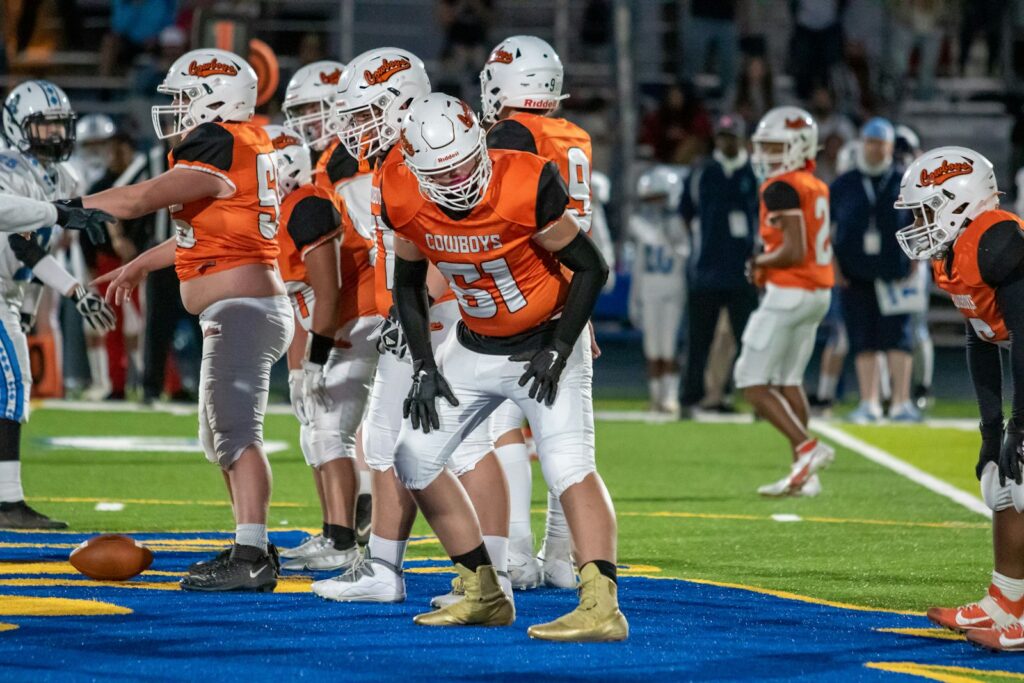
Undeniable Patterns: IRS Testimony and Betting Evidence Deepen NFL Fixing Allegations
A critical development in Dan E. Moldea’s investigation came through his collaboration with Leo Halper, an Internal Revenue Service agent involved in “Project Layoff,” a probe focused on potential NFL game-fixing. Halper disclosed that the FBI informant had provided him with the outcomes of the eight allegedly fixed games, along with the names of the implicated referees, prior to the games being played. According to Halper, the referees themselves placed bets on these matches using intermediaries, or “beards,” based in Las Vegas. In one instance, a beard reportedly wagered such a significant amount that it shifted the betting line at the Barbary Coast sportsbook.
Moldea later received a written statement from one of these intermediaries, who confirmed the game-fixing allegations and named the same two referees identified by Halper. Despite the growing volume of evidence and the IRS’s internal conclusion that the games had indeed been manipulated, the agency’s investigation came to an abrupt halt. Senior IRS officials declined to authorize a full-scale federal inquiry. According to Moldea, there were persistent allegations that some officials, having been informed of game outcomes in advance, may have placed bets themselves.
Relying on what he described as “overwhelming evidence,” Moldea published these findings in Interference. However, on legal advice, he refrained from publicly naming the referees. After the book’s release, he met with Warren Welsh, then Director of NFL Security, to share the FBI’s report, the names of the two referees, and details of his confidential sources.

Televised Testimony and Official Depositions: The Enduring Weight of NFL Game-Fixing Allegations
The allegations surrounding game-fixing in the NFL gained national visibility during a segment of ABC’s Nightline on September 11, 1989. Dan E. Moldea appeared on the program alongside Warren Welsh, then Director of NFL Security, to address gambling-related concerns. When questioned about Moldea’s claim that seventy NFL games, including eight specific contests, had been fixed, Welsh responded by citing the FBI’s assessment of Moldea’s informant as a “pathological liar.” Moldea immediately countered, stating, “The IRS has a different feeling about him, Warren. They viewed him as credible, and they believed that the investigation itself concluded that the games were indeed fixed. They had the information in advance of those eight games.”
The Internal Revenue Service’s position was later reaffirmed in a 1992 sworn deposition by agent Leo Halper. In his testimony, Halper validated the accuracy of Moldea’s account in Interference regarding the fixed games during the 1979 NFL season. When asked whether the book’s portrayal of those events was truthful, Halper gave a clear and direct answer: “Yes.”
This historical context reveals a persistent current of doubt and suspicion that has long followed professional football. Today, as the sport operates under heightened scrutiny due to legalized gambling and real-time data analytics, the league faces growing pressure to uphold public trust. Recent actions, including the dismissal of multiple officials, signal a more assertive stance on accountability. However, public confidence, shaped by both recent controversies and a legacy of unresolved allegations, remains fragile.
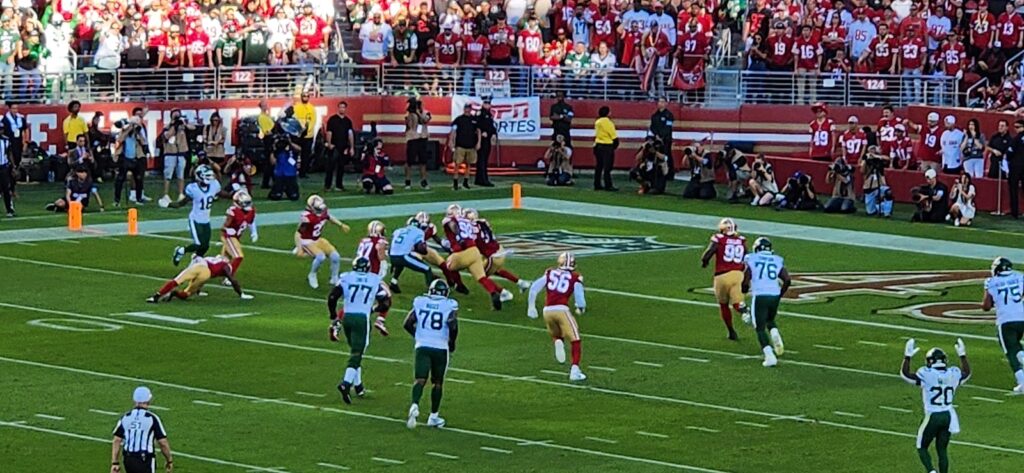
The NFL faces a formidable challenge: to guarantee fair competition on the field and to convincingly convey that commitment to a fanbase increasingly aware of, and often suspicious about, incidents that transcend ordinary human error. The struggle to maintain the integrity of the game remains an essential and ongoing endeavor. It requires unwavering transparency and a persistent, demonstrable dedication to ensuring that every outcome on the gridiron genuinely reflects authentic athletic competition.



